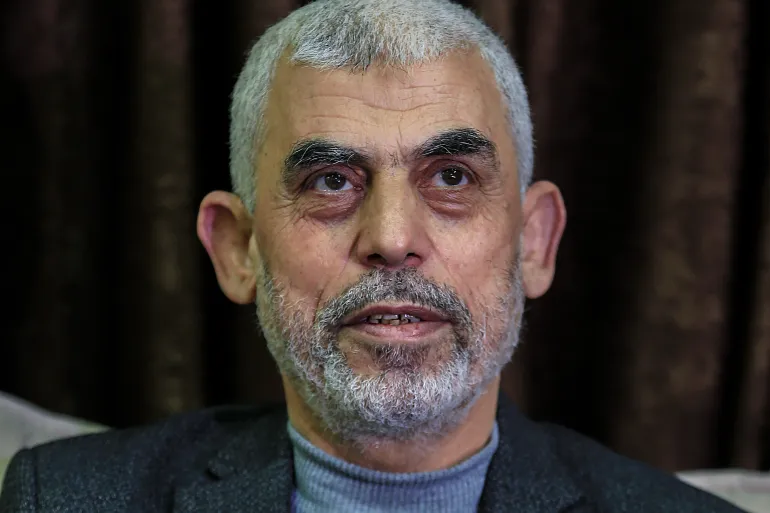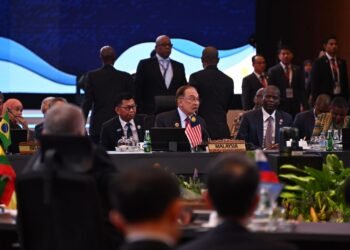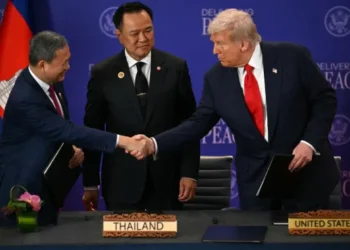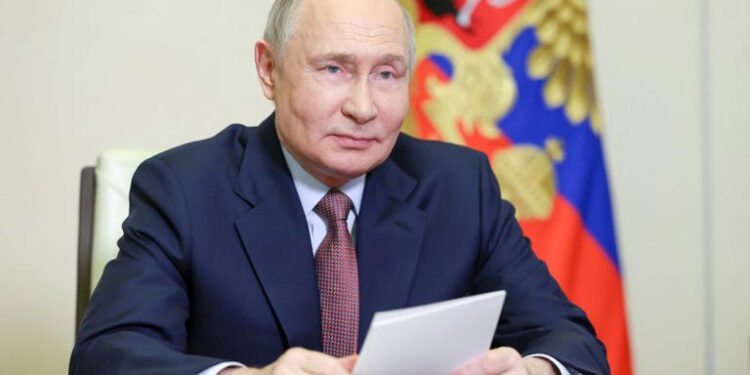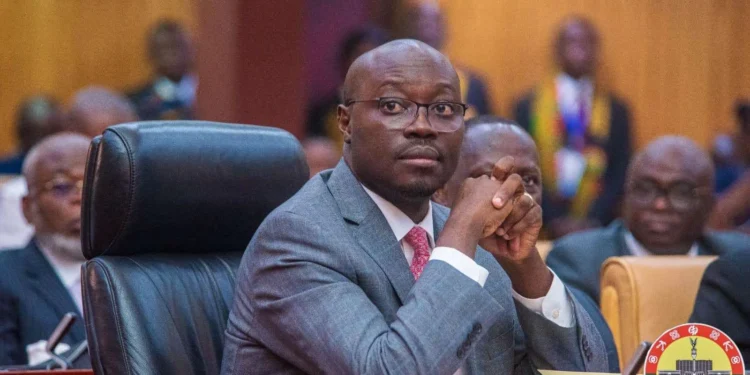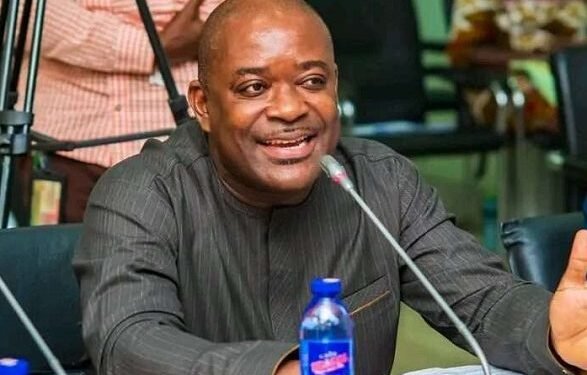The official spokesman for the Houthis, Mohammed Abdulsalam has extended the Yemeni group’s support for the newly appointed political leader of Hamas, Yahya Sinwar.
“We ask God Almighty to grant the leader Sinwar support and guidance to carry out this responsibility in this historic phase of the confrontation with the Israeli enemy,” he said in a statement.
This came as Hamas announced the selection of Yahya Sinwar, its top official in Gaza, as the new leader of its political bureau.
Sinwar succeeds Ismail Haniyeh who was assassinated in Tehran.
Hezbollah also welcomed Sinwar’s appointment, calling it a strong message to Israel and the United States, and showing that Hamas is united in its decision-making.
“Selecting the brother Yahya Sinwar from the heart of the besieged Gaza Strip – who is present the frontlines with resistance fighters and between the children of his people, under the rubble, blockade, killings and starvation – reasserts that the goals the enemy is seeking by killing leaders have failed.”
Hezbollah
Sinwar was born in a Gaza refugee camp, south of Khan Younis, and was the former head of the Al-Majd security apparatus, tasked with eliminating Palestinians suspected of collaborating with Israel. He became the leader of Hamas in the Gaza Strip in 2017.
Sinwar, 61, is seen by Israel as the mastermind behind the October 7 attack by Hamas inside Israeli territory, in which more than 1,100 people were killed and more than 200 others taken captive.
He is one of several Hamas leaders for whom the International Criminal Court (ICC) sought an arrest warrant over allegations of war crimes committed on October 7.
According to Nour Odeh, a Palestinian political analyst based in Ramallah, the selection of Sinwar, who has gone largely unseen since the October 7 attack was an indicator of the central place that Gaza occupies in the group’s political vision.
“He [Sinwar] has skyrocketed to an influential position in Hamas, leading it in Gaza. The choice of Hamas to name him leader of the movement now puts Gaza front and centre of, not just the events on the ground, but certainly of the dynamics in the Hamas movement.
“And it really sends a signal, as far as negotiations of a ceasefire is concerned, that Gaza calls the shots.”
Nour Odeh
Despite Israel’s promise to wipe out Hamas, and a military campaign that ranks among the most destructive in modern history, the Palestinian armed group has continued to hold out against Israeli forces in Gaza.
Israeli FM Slams Appointment Of New Hamas Chief
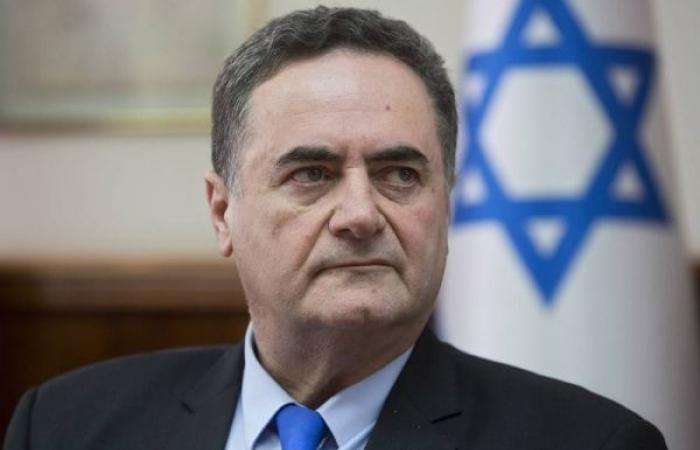
Foreign Minister Israel Katz slammed the appointment of Yahya Sinwar as the leader of Hamas’s political bureau following the assassination of Ismail Haniyeh.
On X, Katz said that the appointment was “another reason to bring about his [Sinwar’s] quick elimination and erasing the memory of this organization from the face of the earth.”
Sinwar’s appointment is likely to embolden what has been an Israeli policy of picking off top leaders of Hamas.
However, amid threats by Israeli leaders that they will target Hamas’ new political chief Yahya Sinwar for assassination, Rami Khouri, a distinguished public policy fellow at the American University of Beirut, opined that Israel has failed to realise that its policy of systematically killing Palestinian resistance leaders has failed.
“They will probably try to assassinate more people. But it doesn’t do any good. It’s bizarre that the Israelis don’t see that when they assassinate somebody they get somebody more radical,” Khouri told a news agency.
“This is just what happened. When Haniyeh was assassinated Sinwar took over. Sinwar is generally seen to be a little more hardline,” Khouri added.

